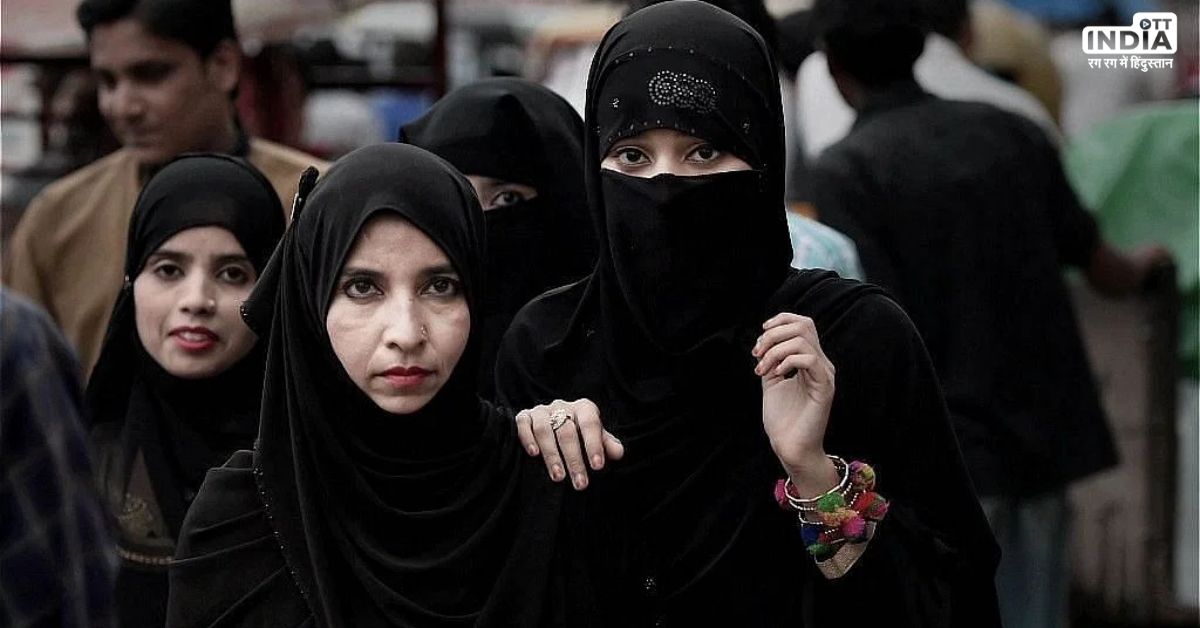Madhya Pradesh HC: No Forced Hijab, Sacred Thread Ban for Students
The administrators of a private school in Madhya Pradesh, accused of compelling female students to wear headscarves, have been granted bail by the Madhya Pradesh High Court. The incident, which sparked widespread debate over religious practices and student rights, involved a poster displayed by the school administration to honor top-performing students in state board exams for classes 10 and 12.

The FIR invoked sections of the Indian Penal Code (IPC) and the Juvenile Justice Act, underscoring the gravity of the allegations and the potential legal consequences for the administrators. The case quickly evolved into a focal point for discussions on religious freedom, personal choice, and student rights.
In response to the controversy, Justice Dinesh Kumar Paliwal, presiding over a single-judge bench, granted bail to the accused administrators. The bail came with conditions designed to prevent the recurrence of the alleged offense and to safeguard the religious rights of both students and administrators.
The court emphasized that administrators should not hinder the wearing of religious essentials, such as a sacred thread (kalawa) or tilak on the forehead. Moreover, the court explicitly stated that students from diverse religious backgrounds should not be coerced into studying materials or languages that are not prescribed or approved by the Madhya Pradesh Education Board.
A crucial aspect of the court's decision was its perspective on religious practices within the school environment. The order specifically directed that female students of different faiths, including Hindu and Jain, should not be compelled to wear a headscarf (Hijab) anywhere on the school premises or in classrooms. This directive aimed to ensure that students are not subjected to practices that conflict with their beliefs, emphasizing the importance of respecting diversity and individual choice.
The controversy deepened as some students alleged that teachers had enforced the learning of the Quran, making its recitation mandatory on Fridays. These claims intensified the ongoing debate surrounding the role of religious practices in educational institutions.
The court's decision and the conditions it outlined underscore the complexities of balancing individual religious freedoms with institutional practices. This case serves as a reminder that educational environments must foster inclusivity, tolerance, and respect for a range of belief systems. As the legal proceedings unfold, the incident continues to fuel discussions about the role of schools in cultivating a diverse and harmonious society.
Also Read: US Discusses Developing Philippine Port Near Taiwan Amid China Tensions
OTT India updates you with the latest news, The Country’s no.1 digital news platform OTT India, Keeps you updated with national, and international news from all around the world. For more such updates, download the OTT India app on your Android and IOS device.
.





